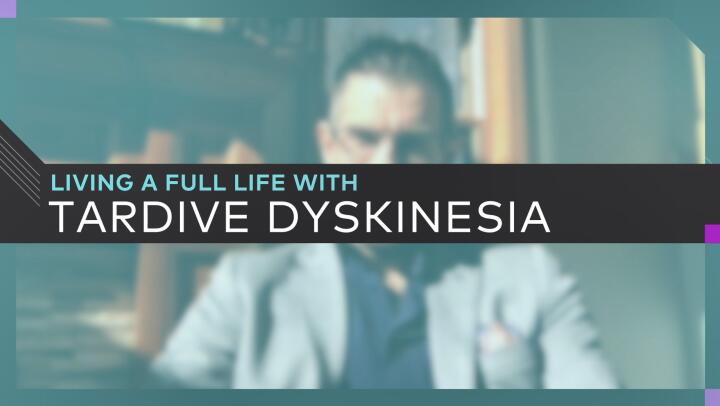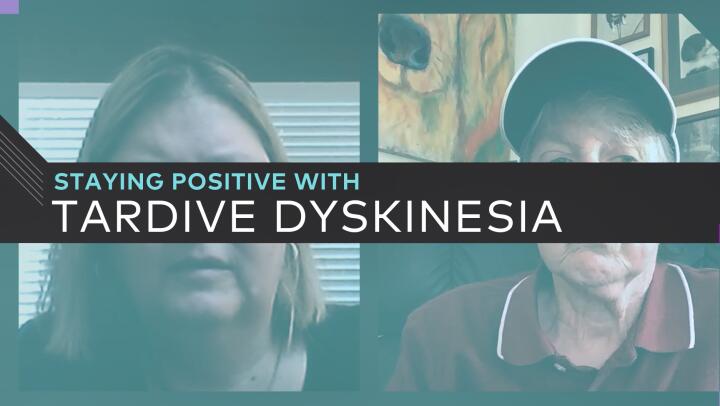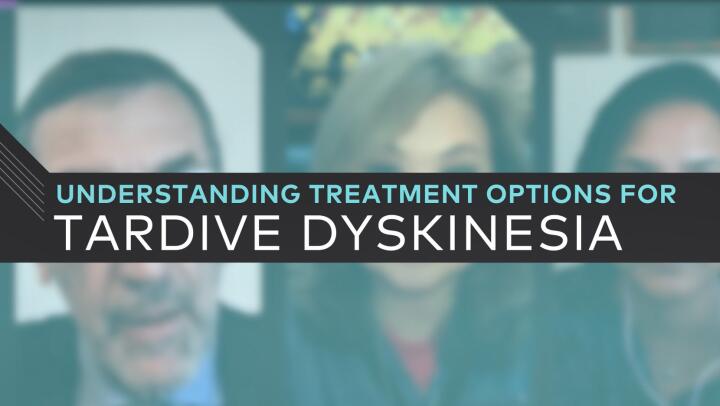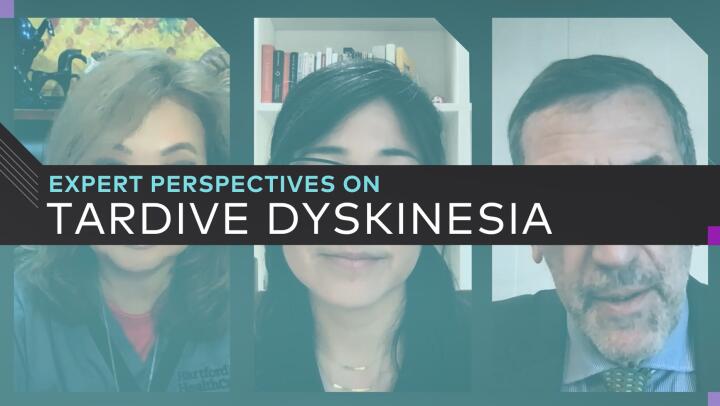Coping with Side Effects of Schizophrenia Drugs

Medically Reviewed By William C. Lloyd III, MD, FACS
-
 Antipsychotic Side Effects—and SolutionsWhen you have schizophrenia, antipsychotic medications can be life-changing. By relieving symptoms such as hallucinations, delusions, and disorganized thinking, they help you lead a fuller life. But along with these helpful effects, antipsychotics can have unwanted side effects that might tempt individuals to discontinue their use. Read on to learn how to manage them.
Antipsychotic Side Effects—and SolutionsWhen you have schizophrenia, antipsychotic medications can be life-changing. By relieving symptoms such as hallucinations, delusions, and disorganized thinking, they help you lead a fuller life. But along with these helpful effects, antipsychotics can have unwanted side effects that might tempt individuals to discontinue their use. Read on to learn how to manage them. -
 Weight GainSome people taking antipsychotics gain a large amount of weight in a short time. To minimize this problem, choose a healthy diet. Focus on fruits, vegetables, whole grains, lean protein, fish, and low-fat or fat-free milk and dairy products. Increase your physical activity—every extra bit of exercise helps. Your psychiatrist also might recommend switching to a different medication.
Weight GainSome people taking antipsychotics gain a large amount of weight in a short time. To minimize this problem, choose a healthy diet. Focus on fruits, vegetables, whole grains, lean protein, fish, and low-fat or fat-free milk and dairy products. Increase your physical activity—every extra bit of exercise helps. Your psychiatrist also might recommend switching to a different medication. -
-
 Metabolism ChangesWeight gain and changes in metabolism while taking antipsychotics may increase your risk for diabetes and high cholesterol. Your blood sugar and lipid levels should be checked by a doctor on a regular basis. Share the test results with all your treatment providers, including your psychiatrist. Also, eat a healthy diet, get regular exercise, and quit smoking, if you smoke.
Metabolism ChangesWeight gain and changes in metabolism while taking antipsychotics may increase your risk for diabetes and high cholesterol. Your blood sugar and lipid levels should be checked by a doctor on a regular basis. Share the test results with all your treatment providers, including your psychiatrist. Also, eat a healthy diet, get regular exercise, and quit smoking, if you smoke. -
 DrowsinessIn a published study, people taking antipsychotics rated drowsiness and fatigue as their most troublesome side effect. If you're too tired to keep up with your usual routine, ask your psychiatrist whether taking the medication at bedtime or adjusting the dose might help. To avoid daytime naps that can interfere with nighttime sleep, schedule activities for times of day when you usually feel tired, so that you stay active. However, when you have to perform important tasks, schedule them for times of day when you usually feel most energetic.
DrowsinessIn a published study, people taking antipsychotics rated drowsiness and fatigue as their most troublesome side effect. If you're too tired to keep up with your usual routine, ask your psychiatrist whether taking the medication at bedtime or adjusting the dose might help. To avoid daytime naps that can interfere with nighttime sleep, schedule activities for times of day when you usually feel tired, so that you stay active. However, when you have to perform important tasks, schedule them for times of day when you usually feel most energetic. -
 Dry MouthAntipsychotics can interfere with acetylcholine, a nervous system chemical involved in many important bodily functions. This may cause side effects such as dry mouth, constipation, blurry vision, and trouble urinating. Many of these effects go away quickly. Others can be managed. For dry mouth, sip water or suck on ice chips, and chew sugar-free gum to stimulate saliva. Avoid alcohol, caffeine, and salty or spicy foods.
Dry MouthAntipsychotics can interfere with acetylcholine, a nervous system chemical involved in many important bodily functions. This may cause side effects such as dry mouth, constipation, blurry vision, and trouble urinating. Many of these effects go away quickly. Others can be managed. For dry mouth, sip water or suck on ice chips, and chew sugar-free gum to stimulate saliva. Avoid alcohol, caffeine, and salty or spicy foods. -
 ConstipationFor constipation, eat more high-fiber foods, such as fruits, vegetables, beans, and whole grain bread, rice, and cereal. Drink plenty of water, and limit foods high in fat and sugar. Don't take laxatives more often than recommended on the label. Overuse may damage your bowels and actually make constipation worse.
ConstipationFor constipation, eat more high-fiber foods, such as fruits, vegetables, beans, and whole grain bread, rice, and cereal. Drink plenty of water, and limit foods high in fat and sugar. Don't take laxatives more often than recommended on the label. Overuse may damage your bowels and actually make constipation worse. -
-
 DizzinessAnother possible side effect of antipsychotics is dizziness, lightheadedness, or even fainting when you get up from sitting or lying down. This is caused by a rapid drop in blood pressure. If you have this problem, discuss it with your psychiatrist. Also, avoid sitting with your legs crossed or squatting for long periods.
DizzinessAnother possible side effect of antipsychotics is dizziness, lightheadedness, or even fainting when you get up from sitting or lying down. This is caused by a rapid drop in blood pressure. If you have this problem, discuss it with your psychiatrist. Also, avoid sitting with your legs crossed or squatting for long periods. -
 Movement ProblemsSome people develop problems related to movement, especially with older types of antipsychotics, which are prescribed less often today. Such problems include muscle spasms, rigidity, tremors, and restlessness. A rare side effect can involve abnormal involuntary movements of muscles in the tongue, face, fingers, and other body parts. Work with your psychiatrist to find the right solution. Options include lowering the dose, switching your medication, or adding a second medicine.
Movement ProblemsSome people develop problems related to movement, especially with older types of antipsychotics, which are prescribed less often today. Such problems include muscle spasms, rigidity, tremors, and restlessness. A rare side effect can involve abnormal involuntary movements of muscles in the tongue, face, fingers, and other body parts. Work with your psychiatrist to find the right solution. Options include lowering the dose, switching your medication, or adding a second medicine.
Managing Side Effects of Schizophrenia Drugs



















